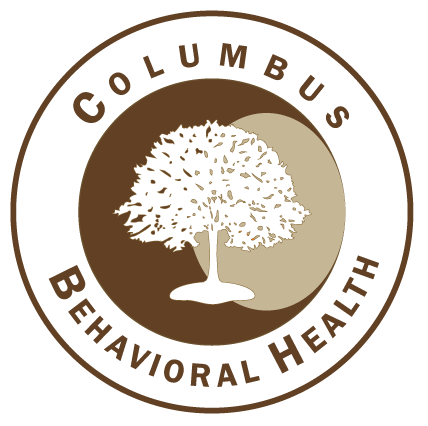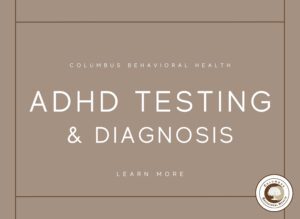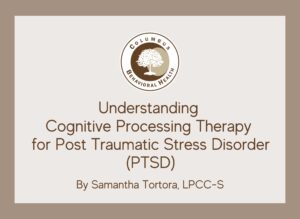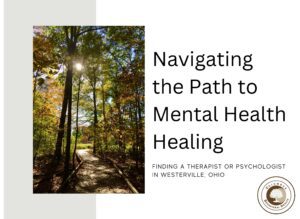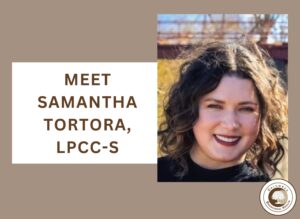Cognitive Behavioral Therapy (CBT) is a kind of talk therapy focused on understanding the ways in which your thinking habits contribute to your behavioral habits. For example, if you have a tendency to think, “I suck at this. I am going to screw up,” then you dramatically increase the likelihood that you’re going to make mistakes on that specific task. This type of negative thinking habit therefore contributes to performance anxiety, so it is a terrible negative feedback loop to interrupt. The focus of cognitive behavioral therapy is to help you connect these dots and challenge negative thinking that may contribute to your emotional health and well-being.
What is Cognitive Behavioral Therapy (CBT) most commonly used to treat?
Anxiety and depression, and the negative thoughts that either cause or correlate with these conditions. CBT can also be helpful with relationship anxiety, performance anxiety, phobias, eating disorders, sexual disorders, substance, use disorders, PTSD, and OCD, as well as others.
How does a therapist help you by using Cognitive Behavioral Therapy?
You and your therapist will work together to analyze your thoughts, emotions, and behavior to determine if these thoughts are realistic or helpful, and then identify a ways in which changing your thinking, can help you feel and perform better. The primary focus of cognitive behavioral therapy, however, is on changing your thinking.
What is different about Cognitive Behavioral Therapy from other Psychotherapy approaches?
CBT is essentially a problem and solution oriented treatment. It focuses on current problems and finding solutions rather than a deep dive into your past.
What are the types of Cognitive Behavioral Therapy (CBT)?
- Traditional CBT primarily focuses on identifying negative thinking habits.
- Dialectical behavior, therapy, or DBT, focuses on building skills in the areas of mindfulness, emotion, regulation, distress tolerance, and interpersonal effectiveness. DBT therapist conceptualizes every problem as an opportunity for skill building and like other forms of CBT is present rather than past-focused. Originally developed to treat symptoms of borderline personality disorder, DVT has proven very effective and working with eating disorders, and substance disorders, relationship, conflict, and most other mental health issues. The founder of DBT, Marsha Linehan, believes that psychiatric medicine should only be used as a last resort and that psychotherapy should focus on learning and building skills. Towards that end, homework is often assigned, and specific modules and workbooks might be used during session.
- Acceptance and Commitment Therapy or ACT was developed primarily to treat anxiety, but can be used to treat many different conditions. It focuses on mindfulness or acceptance of difficult feelings, committing to a positive approach, and then acting in a way that is consistent with your values.
How do I find a therapist who uses these approaches?
If you’re interested in any one of the approaches outlined above, look for these acronyms (CBT, DBT, or ACT) in the profiles of therapists at Columbus Behavioral Health accepting new patients.
For a list of therapists at Columbus Behavioral Health, please visit: https://columbusbehavioralhealth.com/directory-page/
